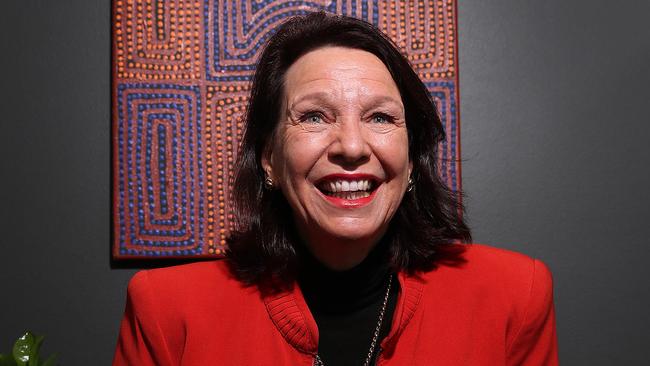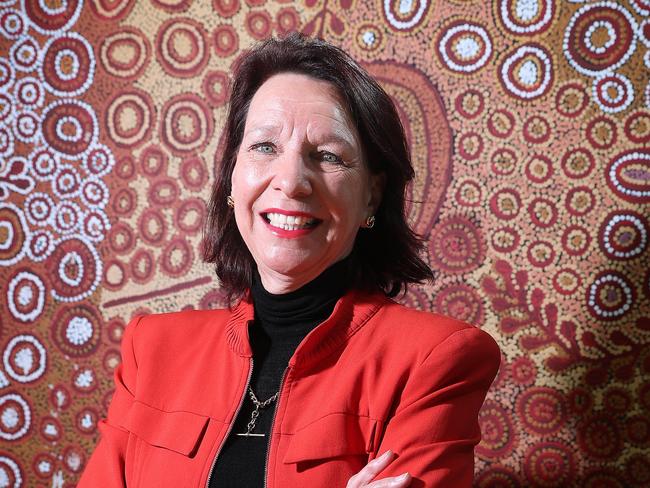No salary listed: how and when to ask how much a job pays
If the job ad does not include a salary, it is OK to ask the question. But there is a right and wrong way to go about it.

SmartDaily
Don't miss out on the headlines from SmartDaily. Followed categories will be added to My News.
Salary guides are disappearing from job ads, leaving jobseekers to guess what a role might pay or step up and ask the awkward question.
While employers and recruiters exclude pay details for strategic reasons, they may be missing out on top talent as two in five Aussies say they are less likely to apply for a job if there is no salary listed.
Exclusive figures from market research firm Dynata reveal this reaction is most common among Generation Z (aged 18 to 25), with almost half (47 per cent) put off by a lack of transparency.
They also reveal workers are torn over whether it is acceptable to ask about salary during the application process, and that many jobseekers do not feel comfortable negotiating their pay packet.
So what’s the expert advice?
WHY SALARIES ARE EXCLUDED
LinkedIn career expert Shiva Kumar says it has become less common for employers to include salaries in job ads – particularly for more senior roles.

“In a competitive marketplace, salary may not be a key differentiator for the company, as much as their culture and career growth opportunities,” he says.
“Companies want to attract the right candidates from diverse industries based on their skills and expertise for the role not just for the salary.
“Salaries are also typically discussed and negotiated once the right fit is established at a later stage in the interview process.”
WHEN TO ASK ABOUT MONEY
The Dynata research finds two in five (40 per cent) workers worry that asking about salary will negatively affect their chance of getting the job, and about one in six (18 per cent) do not feel they can talk dollars until they have actually been offered or have already accepted the role.
Most, however, feel entitled to ask before applying for the job or during the first interview (51 per cent).
Kumar’s advice is to start the conversation early.
“The worst thing to happen could be that all parties invest a lot of time in a hiring process and then the (expected) salary is far beyond what the organisation can afford,” he says.
“Ideally, the recruiter broaches this subject so it’s not an awkward question for the candidate to have to ask.”
Hender Careers general manager Michelle Bentley recommends jobseekers do not make salary the key point when showing interest in a role.
If they ask during an inquiry phone call, they should also have other questions about the position.

Bentley says it can also work against a jobseeker if they never ask about salary.
“It could be perceived that they lack confidence professionally, or that they are a bit laissez faire, easy come easy go about things, or perhaps more desperate to get a job and so accepting regardless of salary,” she says.
“It may also suggest they shy away from talking about money and their professional worth or value.”
TIPS FOR NEGOTIATING
One in six Australians say they are “not at all confident” negotiating salary for a role without an advertised figure.
Bentley recommends jobseekers clearly understand how much they need the job before heading into the conversation.
They should also consider what benefits come with the role other than the salary – such as job certainty, predicted job satisfaction and future career advancement opportunities – and brainstorm non-salary negotiation points.
“Think laterally,” Bentley says.
“If the dollars don’t match up, are there other things around which you can negotiate (such as) working less hours for the same money, flexible hours, IT equipment or parking costs not otherwise included.”

WHEN THE JOB IS INTERNAL
Most workers in the private sector are not privy to how much their colleagues earn so it can be difficult to estimate salary even when applying for a promotion with your existing employer.
Australian National University chancellor and former Foreign Affairs Minister Julie Bishop says more organisations should be open about what they are paying their staff.
“If you are looking for trust within an organisation, there should be greater transparency about salaries,” says Bishop, as keynote speaker at SAP HR Connect 2021.
“I know that salaries and bonuses are highly contentious but maybe if there is more transparency and a greater discussion about why that work is attracting that level of salary and management had an opportunity to explain, you might have less disgruntlement and frustration around the issue.”

SAP Australia and New Zealand head of human resources Debbie Rigger says the software company implemented a global job architecture framework to address issues such as the gender pay gap.
“We introduced salary transparency in 2015 to build greater trust where employees can see their compensation range for their specific career and grade level and entire job family,” she says.
WAYS TO FIND OUT A BALLPARK SALARY
According to the Dynata research:
35% of Aussies research the industry/role in recruiter salary guides
26% research the company on sites such as LinkedIn, Glassdoor or PayScale
28% call the employer and ask
28% research the industry/role in government data (Australian Bureau of Statistics, Australian Taxation Office, JobOutlook, etc)
19% reach out to company employees in their network to ask what they/their colleagues earn
24% do nothing and wait to find out during the application process




